Research
Zero Emission:
- • Aero-Propulsive Integration for Electric Aircraft
- • Machine Control for Electric Propulsion
AUTONOMOUS SYSTEMS:
- • Decision Methods for Autonomous Systems
ADVANCED DESIGN AND MANUFACTURING:
- • Advanced Design for Metallic Additive Manufacturing
- • Montagem Final Inteligente
de Aeronaves
Zero Emission


The "Zero Emission" research front brings together two complementary lines of research:
"It focuses on the challenge of aero-propulsive integration arising from new aircraft configurations which, depending on the approach adopted, generates implications in performance, efficiency, weight and noise, to mention a few aspects.
These new aircraft configurations, with a focus on the future of mobility, will demand studies in several disciplines such as Aerodynamics, Propulsion, Structures, Aeroelasticity, Noise and Vibrations, Multidisciplinary Optimization, among others.
It encompasses works focused on studies that will be useful for the development of configurations different from those traditionally used in the aeronautical industry. Another important and guiding aspect is: what can be antecipated regarding operation of new air vehicles, with vertical takeoff and landing? In that sense, studies related to the transition between the landing or takeoff phases and the horizontal flight are of particular importance.
The main objective of this research front is to acquire knowledge to generate analysis and design tools, to enable more sustainable, innovative, safe and accessible aircraft.
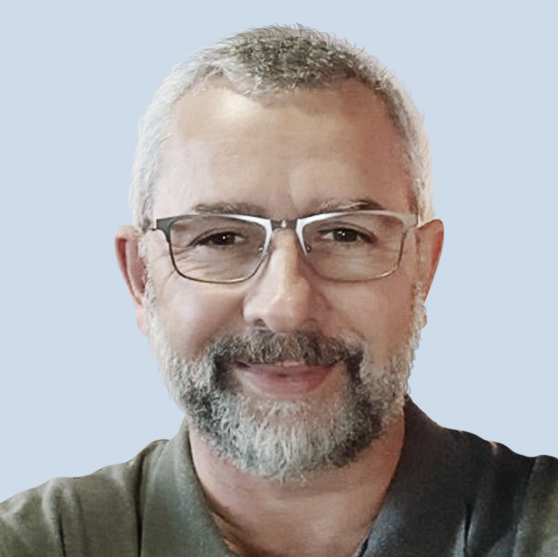
Roberto Gil Annes da Silva,
Prof. Dr. - ITA
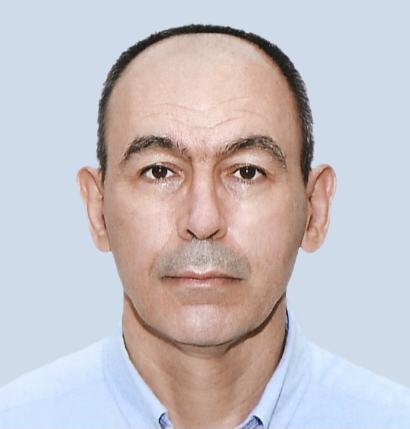
Breno Moura Castro,
Eng. Dr. - Embraer
This research line develops the necessary knowledge to make "more electric aircraft" viable, replacing mechanical, pneumatic or hydraulic systems with electro-electronic equipment and components, until to gradually include the propulsion system, towards a completely electric aircraft. Several challenges are in this line, such as high voltage operations due to the high power demand; as well as the control of electric machines to generate traction, which brings particularities to an effective aero-propulsive integration. Fault detection methodologies and advanced maintenance philosophies are some other very relevant topics to be investigated by this team.
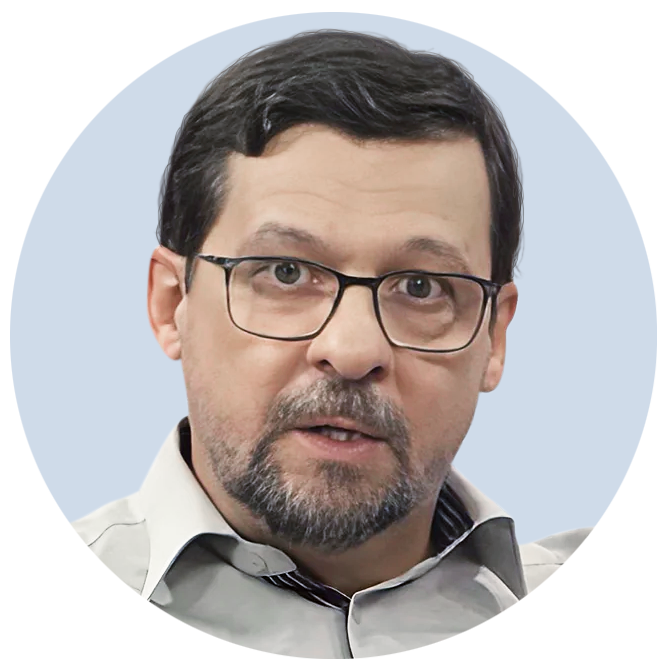
José Antenor Pomilio,
Prof. Dr. - Unicamp

Gabriela Torllone de Carvalho Ferreira,
Eng. Dr. - Embraer
AUTONOMOUS SYSTEMS
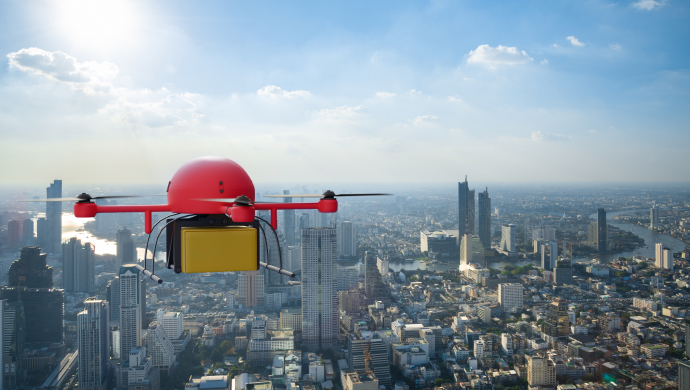
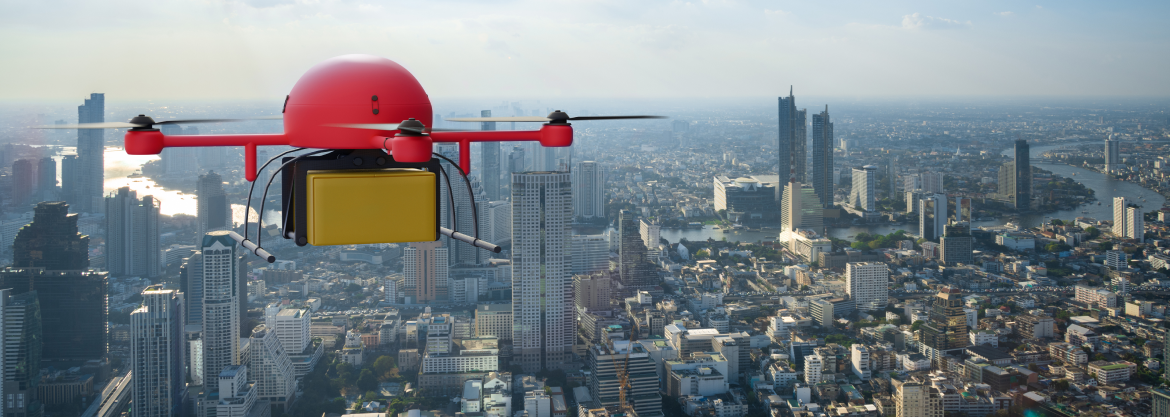
The "Autonomous Systems" front seeks to explore the potential contribution of autonomy to society, in particular to the Mobility Industry, as there are great expectations for the creation of new markets and businesses with exponential growth.
Various applications are foreseen in driverless vehicles for transporting passengers and cargo; logistics; advanced unmanned defense systems; support for agribusiness with precision agriculture; mining; oil and gas, to name a few immediate areas. Technologies involving sensors; data fusion; human-machine interactions and control laws will be explored in this line of research. In the aeronautical industry, objectives of reducing the cognitive load on human beings, in addition to reducing the number of crew members in air operations, will be priorities in this investigation. "Methods for autonomous decision-making" were chosen because they address this particular challenge of this ecosystem.
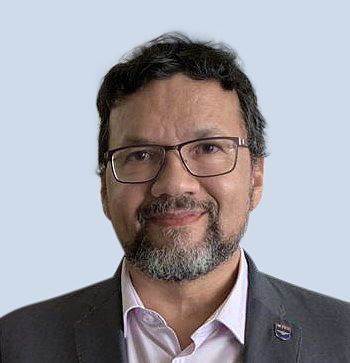
Carlos Henrique Costa Ribeiro,
Prof. Dr. - ITA

Braulio Marques Doria,
Eng. M.Sc - Embraer
ADVANCED DESIGN AND MANUFACTURING

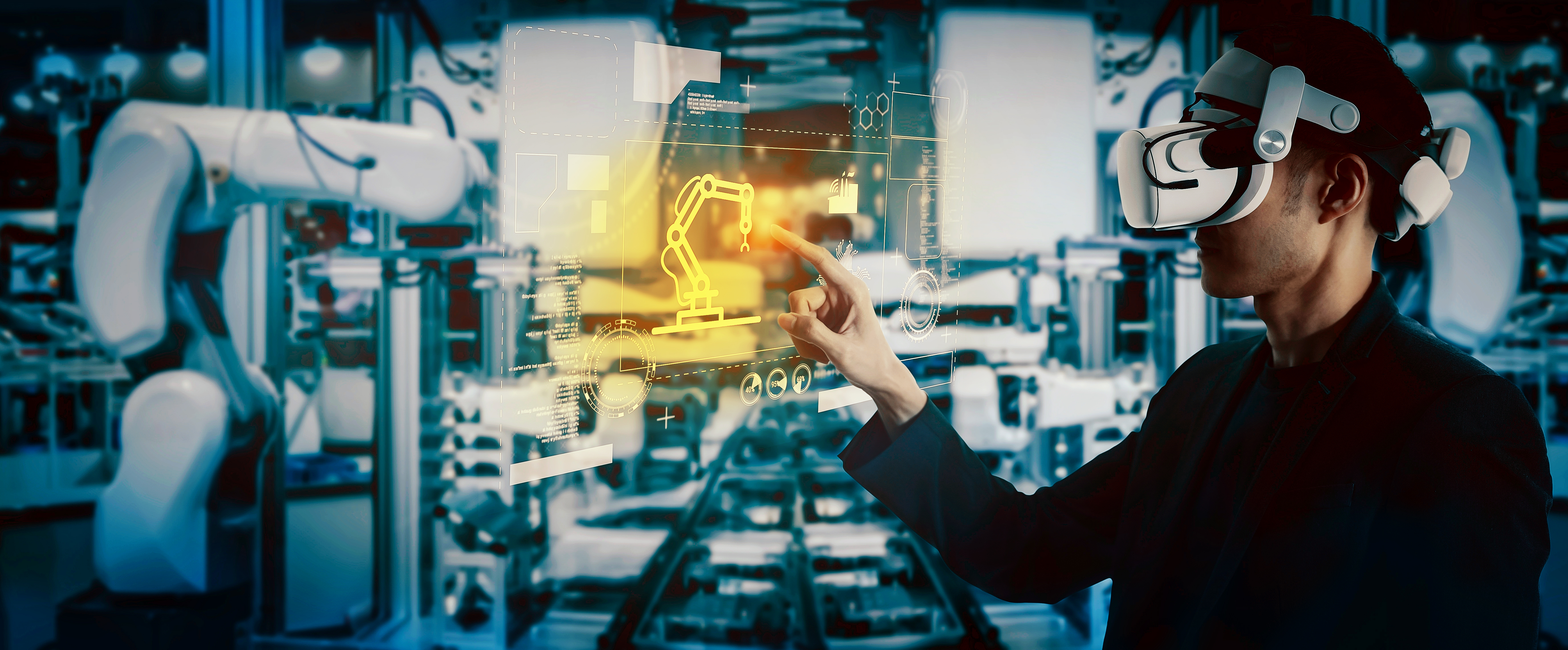
Advanced design and manufacturing systems are also subject of our Research Center. The future of industry and production processes is questioning and redefining several paradigms.
Additive manufacturing is considered to be one of the foundations for this future. Growth drivers in this segment will be brought by the medical, automotive and aerospace industries. Some elements of exploration include topological optimization techniques, practices for manufacturing in high performance metallic alloys (including Titanium), in addition to the expected scale and productivity challenges.

Alfredo Rocha de Faria, Prof. Dr. - ITA
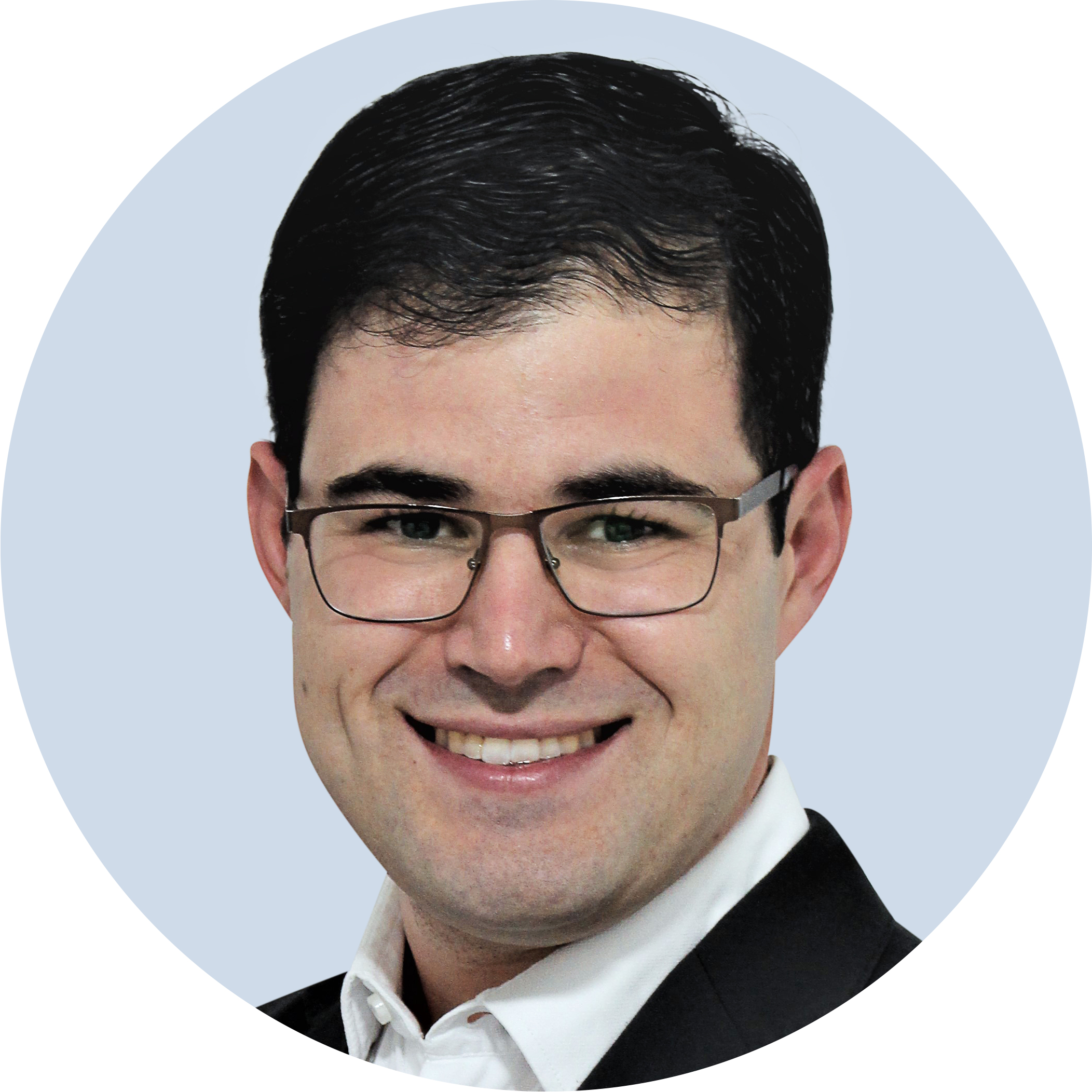
Felipe Mariano Brandão,
Eng. M.Sc. - Embraer
de Aeronaves
We observe the growth of robotics in arrangements that minimize human work, protect them from high-risk situations, and demand the exploration of intelligent and automated solutions that integrate production processes into a cycle of continuous improvement, guaranteeing a sustainable future. "Intelligent Aircraft Final Assembly" intends to explore augmented reality technologies, computer vision, neural networks, human-machine collaboration models and "machine learning".
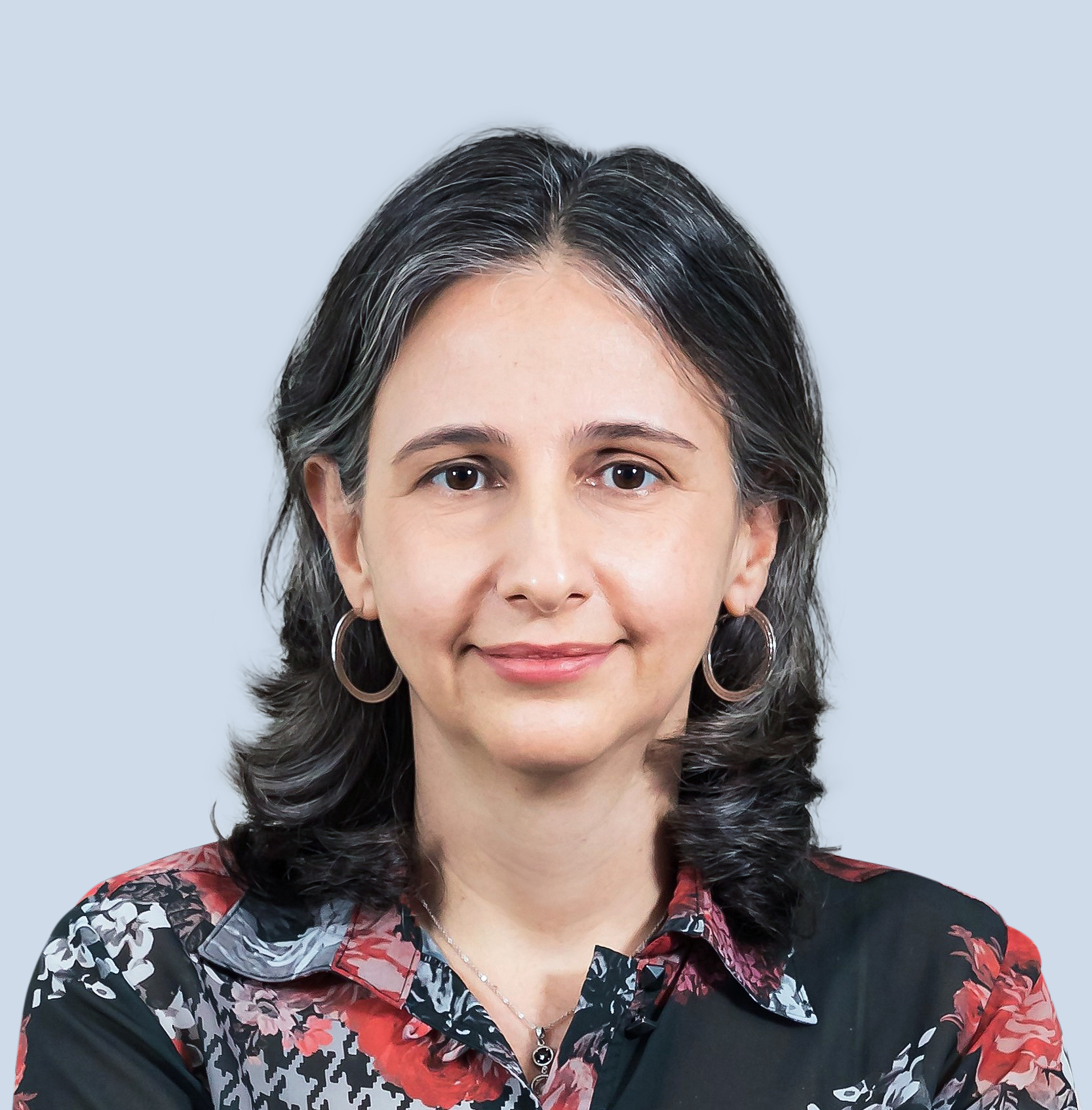
Emilia Villani,
Prof. Dra. - ITA
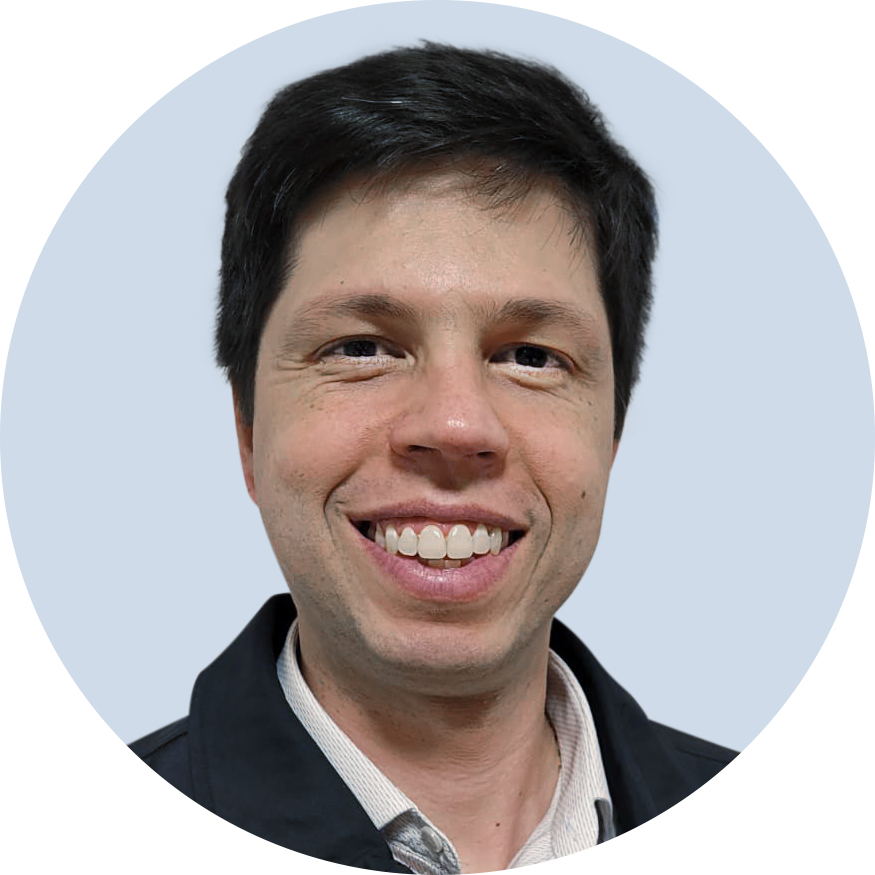
João Marcos Gomes de Mello,
Eng. M.Sc. - Embraer